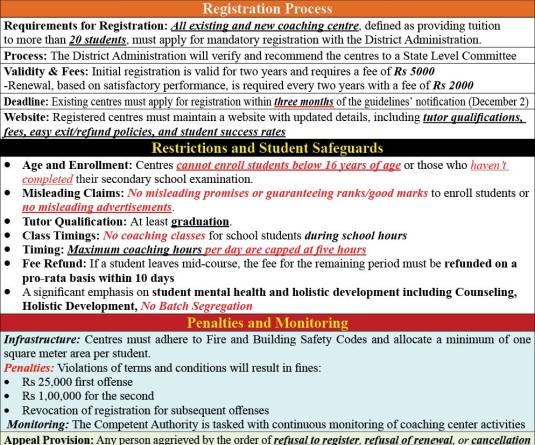
Dimapur, September 28 (MExN): IGNOU, the biggest university in the world is celebrating its silver jubilee year and as part of its celebration, the university conducts series of lecture by different prominent personalities on various issues.
On September 27, Fr. Abraham Lotha gave his lecture on the topic, “Nations within Nations: Living Dialogues on Governance and Culture”. His lecture was held at IGNOU convention centre, which was well attended by hundreds of scholars from IGNOU, University of Delhi, JNU, Jamai Islamia University and from different educational institutions in the national capital city.
Fr. Abraham started his lecture by mentioning that for post-colonial multi-ethnic states, successful art of governance requires more than the recognition and acceptance of the different ethnicities or nations within the state, as it involves a conscious political will for the ‘inclusion of the excluded’ or those that feel alienated and marginalized. Further, he said that to do this, one has to see from the perspective of the excluded; it calls for a close collaboration with the people most affected.
He opines that India’s nation-building policy to contain and integrate the numerous ethnic groups or nations that has been crystallized in the familiar slogan, ‘unity in diversity’ envisioned by the founding fathers of the state such as Nehru. Yet, how successful has India been in this nation-building endeavor especially in the current context of globalization that seem to indirectly reinforce ethnic identities which has at times led to tensions with the state? Because of India’s respect for the different religions and ethnic identities within the state, the task for India is not to build a nation-state but a strong integrated state. The challenge for India is to complement the strong ethnic identity with an equally, if not more, strong national identity.
A press note issued by Dr. Zuchamo Yanthan added that Fr. Abraham also stated that in multi-ethnic states, the challenge for both the state and the nations within the state is to realize that there are different ways of being a nation just as there are different ways of sovereignty. He was of the strong opinion that a workable method to meet this challenge is to engage in living dialogues with the different nations or ethnic groups. He concluded his lecture by mentioning that notion of partnership provides a respectful framework that provides space for living dialogues that can give fruition to successful governance.





